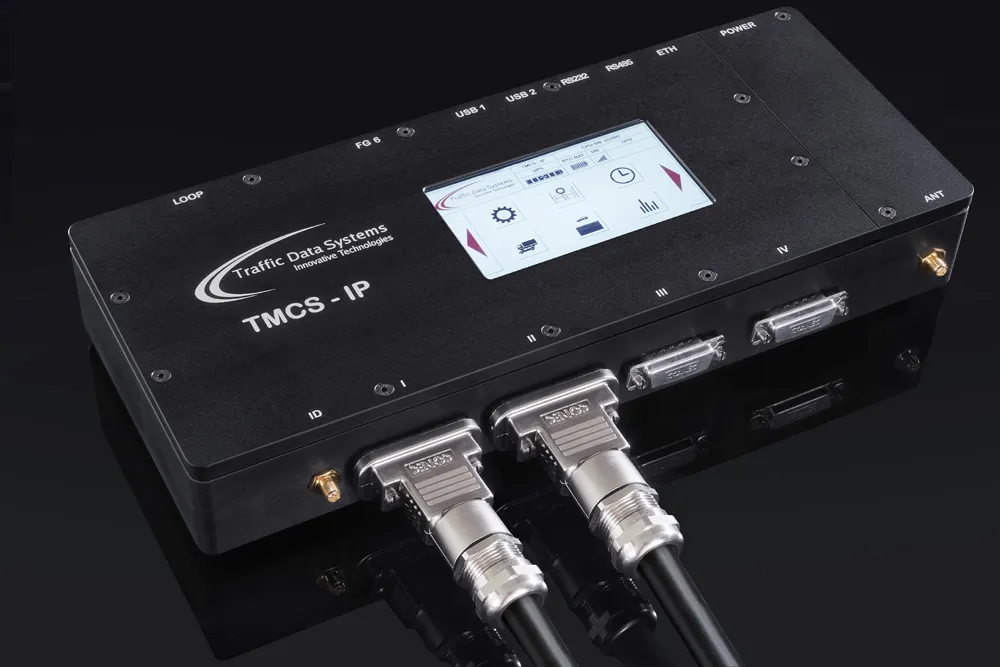According to manufacturer Mobile Mark, its new range of multiband MIMO (multiple-input-multiple-output) antennas for wireless fleet management systems support all LTE frequencies worldwide, including 700 MHz, 1800 MHz, 1900 MHz and 2600 MHz.
The LTM series was designed for wireless applications that combine an LTE MIMO modem with a wi-fi MIMO modem and a GPS receiver, a combination that requires five separate antenna elements. The LTM combines up to five high-efficiency antennas in one compact, surface-mo
October 18, 2013
Read time: 2 mins

According to manufacturer 6763 Mobile Mark, its new range of multiband MIMO (multiple-input-multiple-output) antennas for wireless fleet management systems support all LTE frequencies worldwide, including 700 MHz, 1800 MHz, 1900 MHz and 2600 MHz.
The LTM series was designed for wireless applications that combine an LTE MIMO modem with a wi-fi MIMO modem and a GPS receiver, a combination that requires five separate antenna elements. The LTM combines up to five high-efficiency antennas in one compact, surface-mount radome. Measuring 140mm in diameter with a low profile of 61 mm, the antennas take up significantly less space than multiple antennas and cut down on installation time and costs by offering a single mounting hole.
The LTM is available in several different configurations; the LTM-502 is the most comprehensive and includes five separate antennas: two for LTE, two for wi-fi and one for GPS, as well as supporting MIMO signals for both LTE and wi-fi. The LTE elements cover 694 MHz to 3700 MHz and the wi-fi elements cover both 2.4 and 5 GHz.
All antennas feature 4.5m cables to accommodate larger transport vehicles, but customised lengths and connectors are available.
Mobile Mark’s new LTM antennas are sealed with a thick gasket and have a water ingress rating of IP67 when properly mounted. Each unit’s radome is made from a heavy duty UV-stable ASA plastic. The antenna’s rugged construction prevents damage from vandalism or accidental impacts. Offering outstanding technical performance, the RoHS-compliant LTM series is tested to industry and military specifications.
The LTM series was designed for wireless applications that combine an LTE MIMO modem with a wi-fi MIMO modem and a GPS receiver, a combination that requires five separate antenna elements. The LTM combines up to five high-efficiency antennas in one compact, surface-mount radome. Measuring 140mm in diameter with a low profile of 61 mm, the antennas take up significantly less space than multiple antennas and cut down on installation time and costs by offering a single mounting hole.
The LTM is available in several different configurations; the LTM-502 is the most comprehensive and includes five separate antennas: two for LTE, two for wi-fi and one for GPS, as well as supporting MIMO signals for both LTE and wi-fi. The LTE elements cover 694 MHz to 3700 MHz and the wi-fi elements cover both 2.4 and 5 GHz.
All antennas feature 4.5m cables to accommodate larger transport vehicles, but customised lengths and connectors are available.
Mobile Mark’s new LTM antennas are sealed with a thick gasket and have a water ingress rating of IP67 when properly mounted. Each unit’s radome is made from a heavy duty UV-stable ASA plastic. The antenna’s rugged construction prevents damage from vandalism or accidental impacts. Offering outstanding technical performance, the RoHS-compliant LTM series is tested to industry and military specifications.









